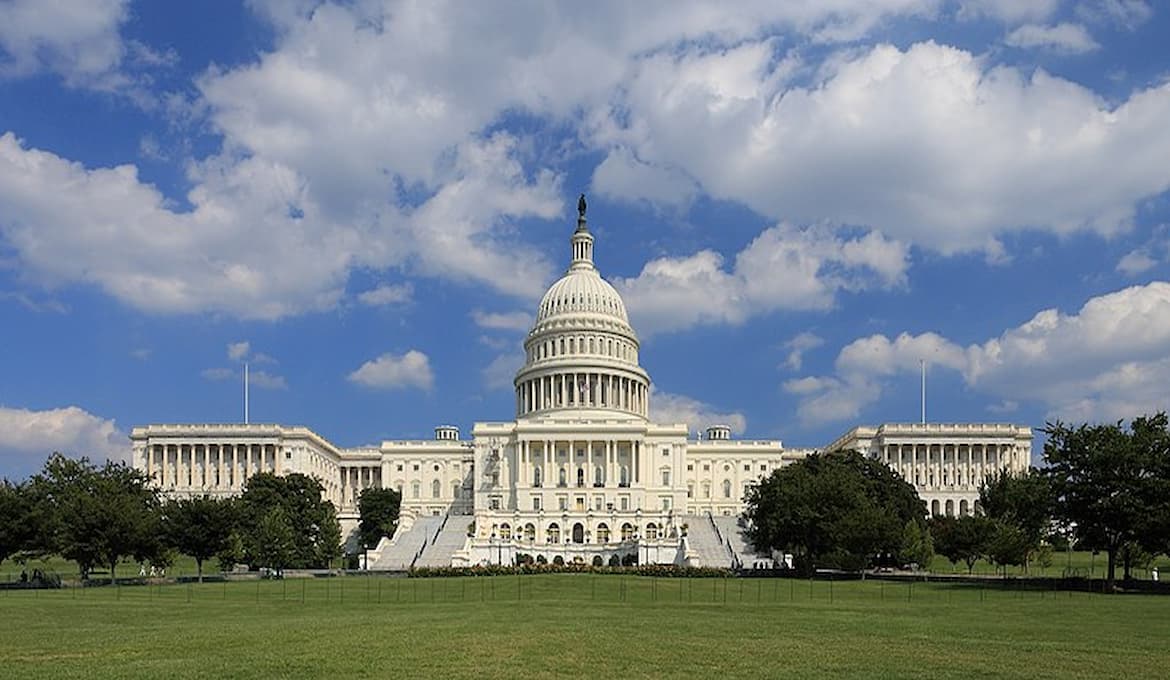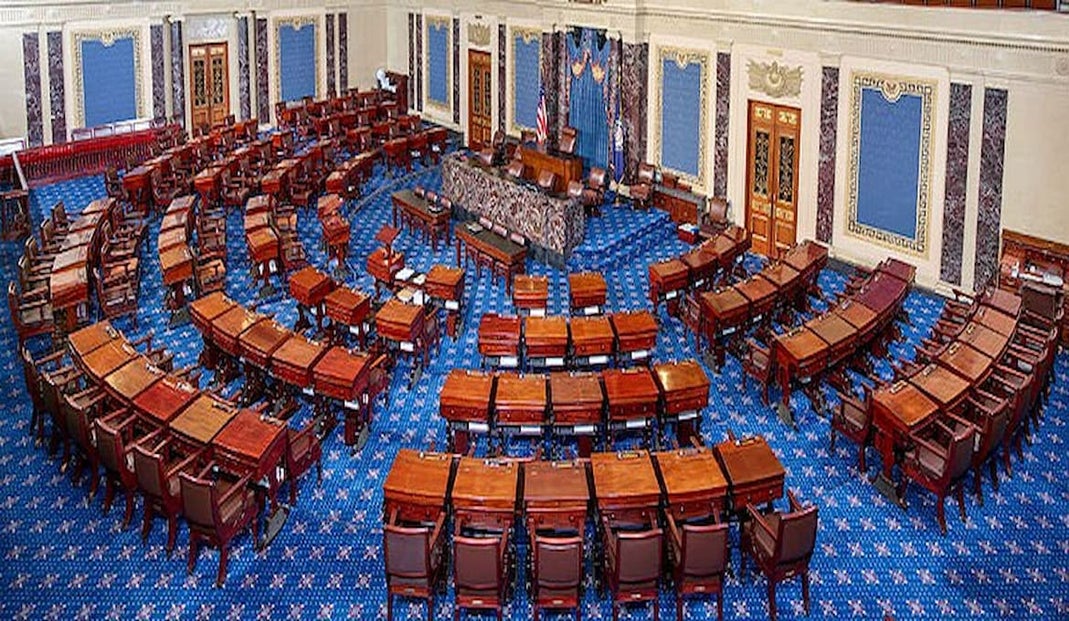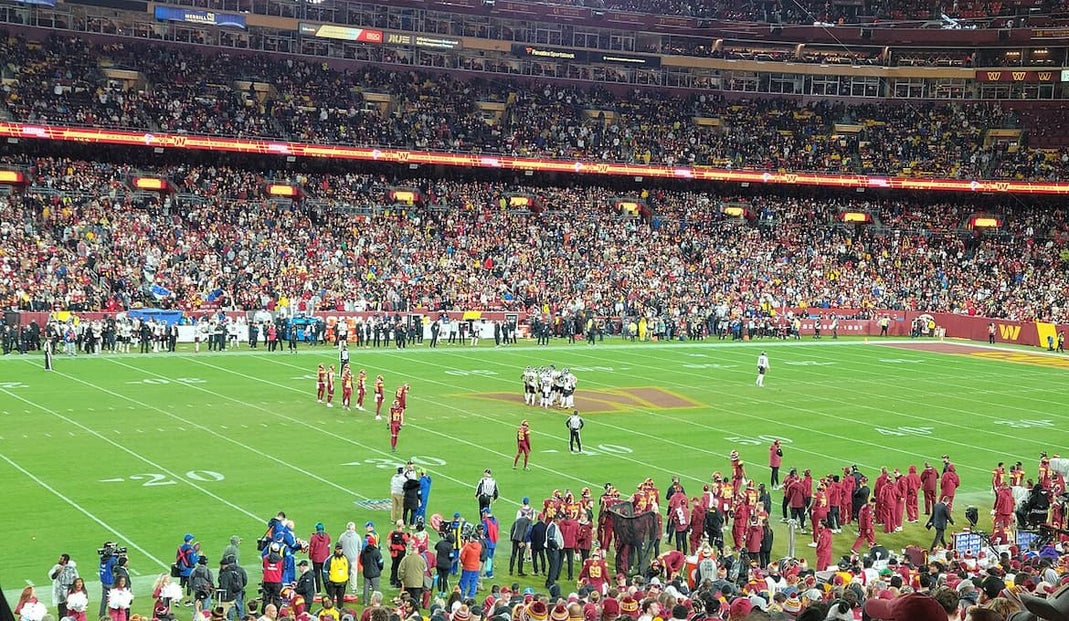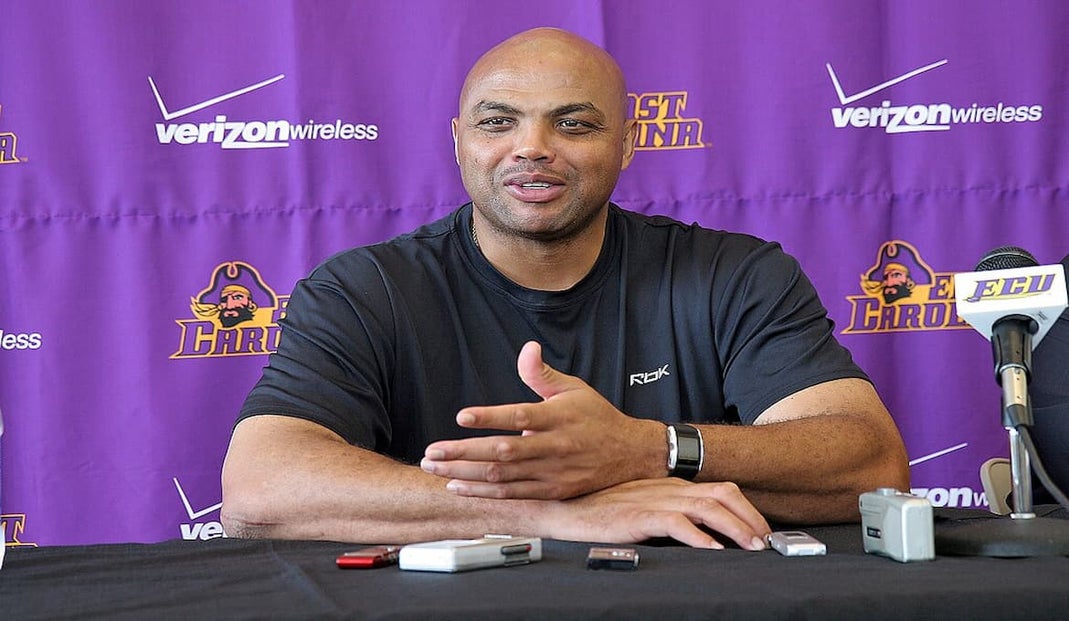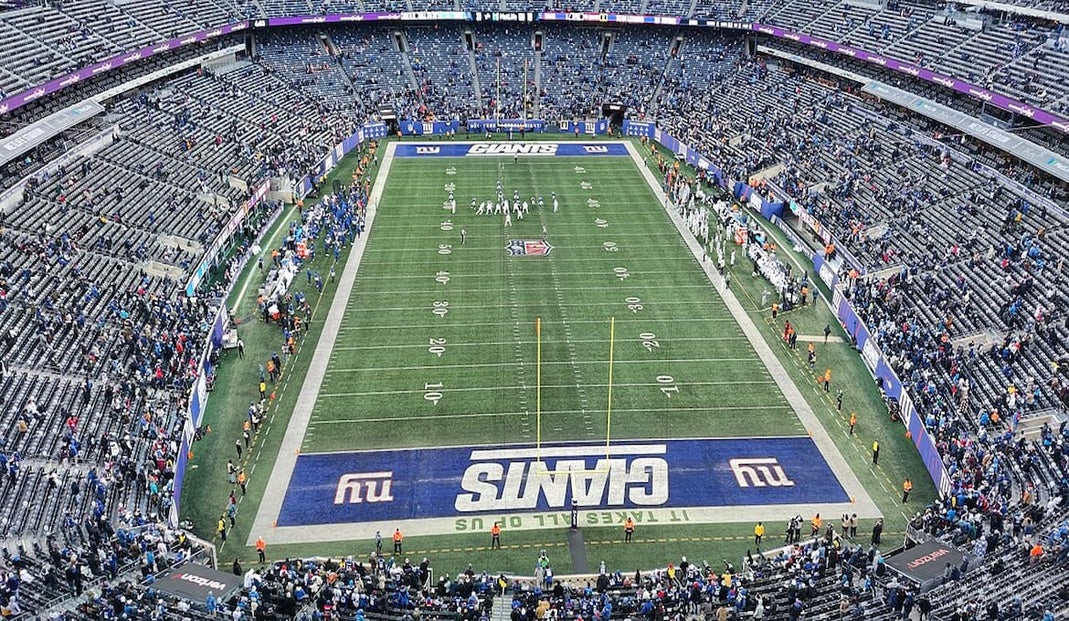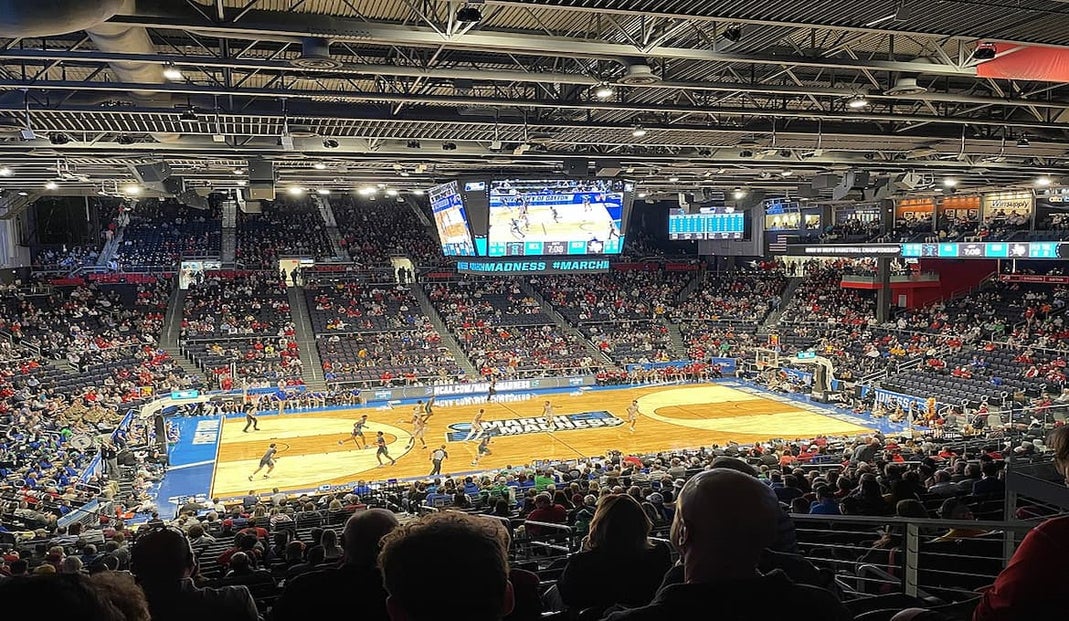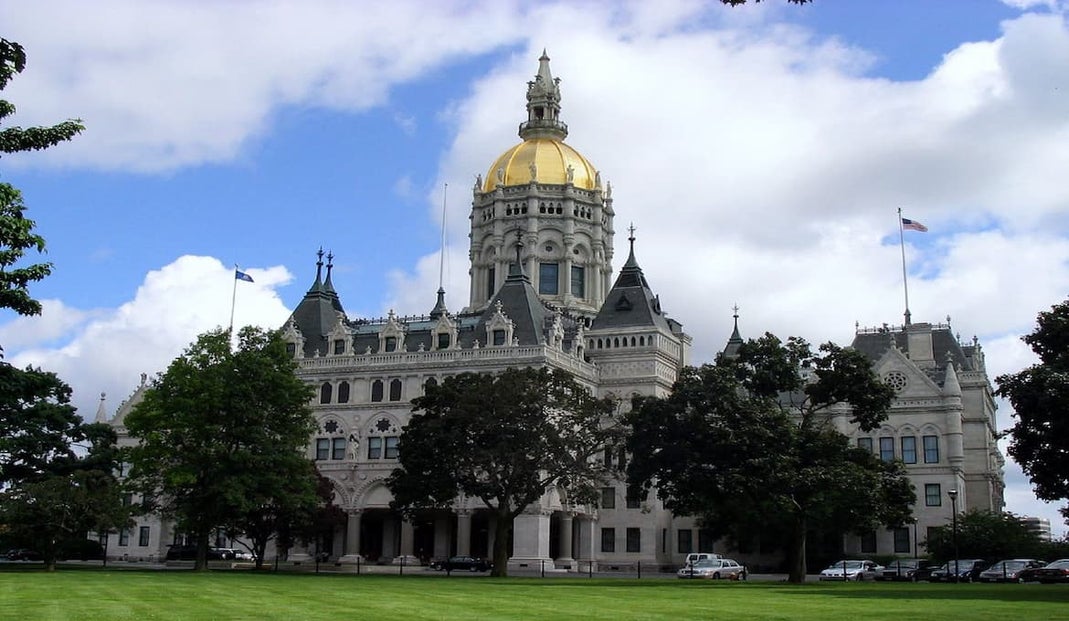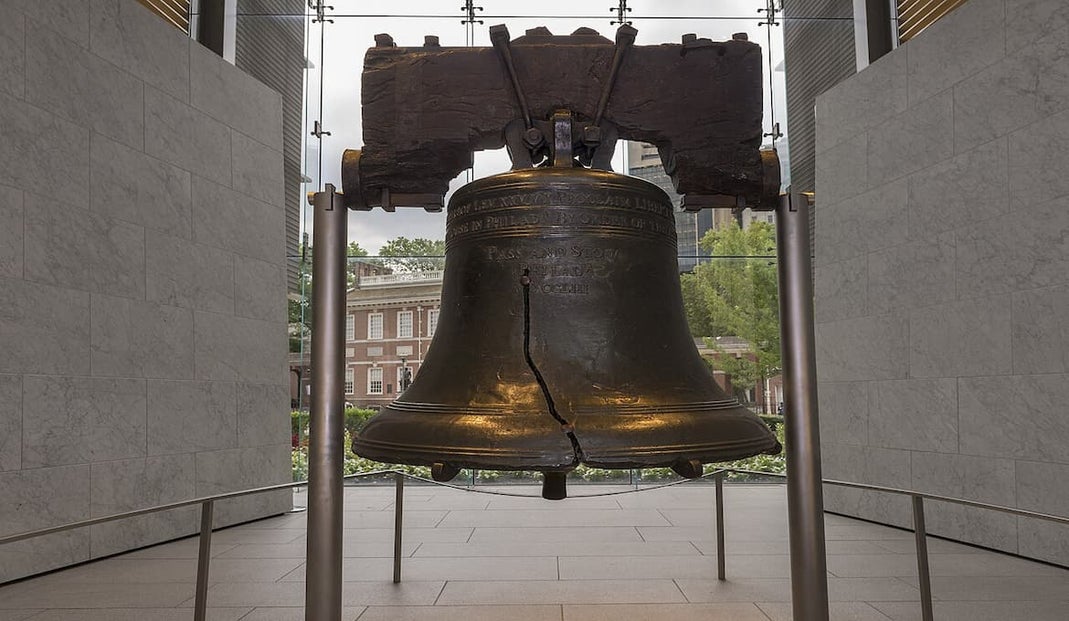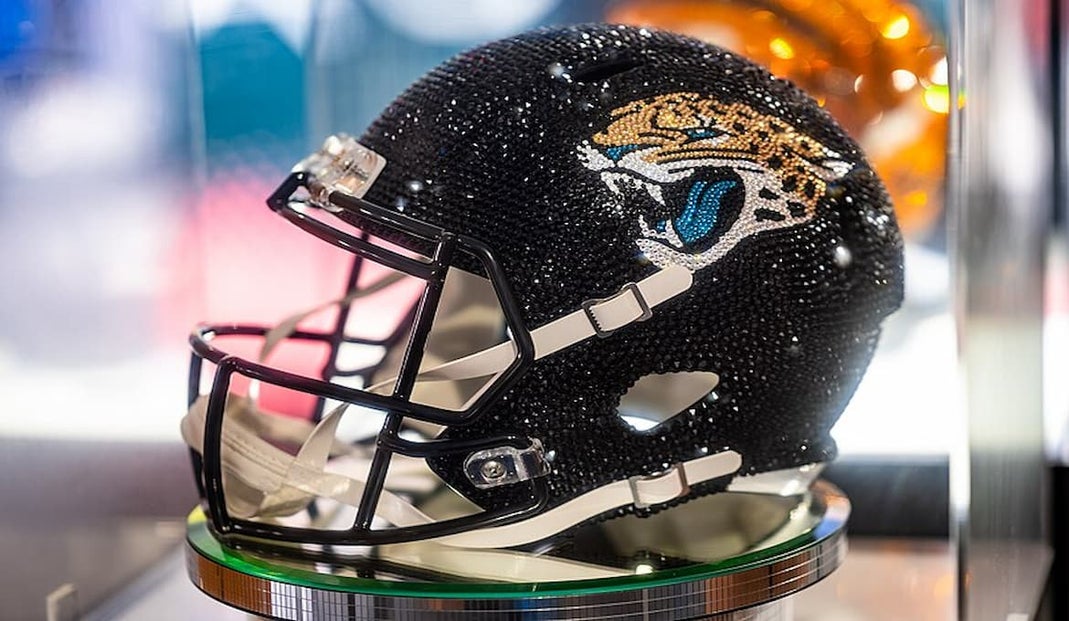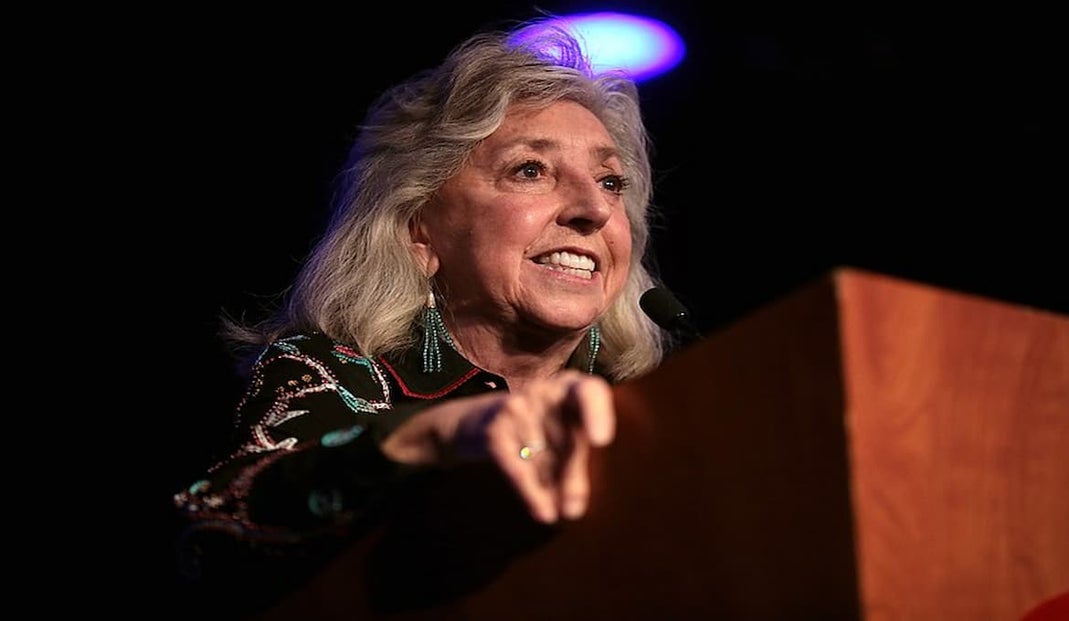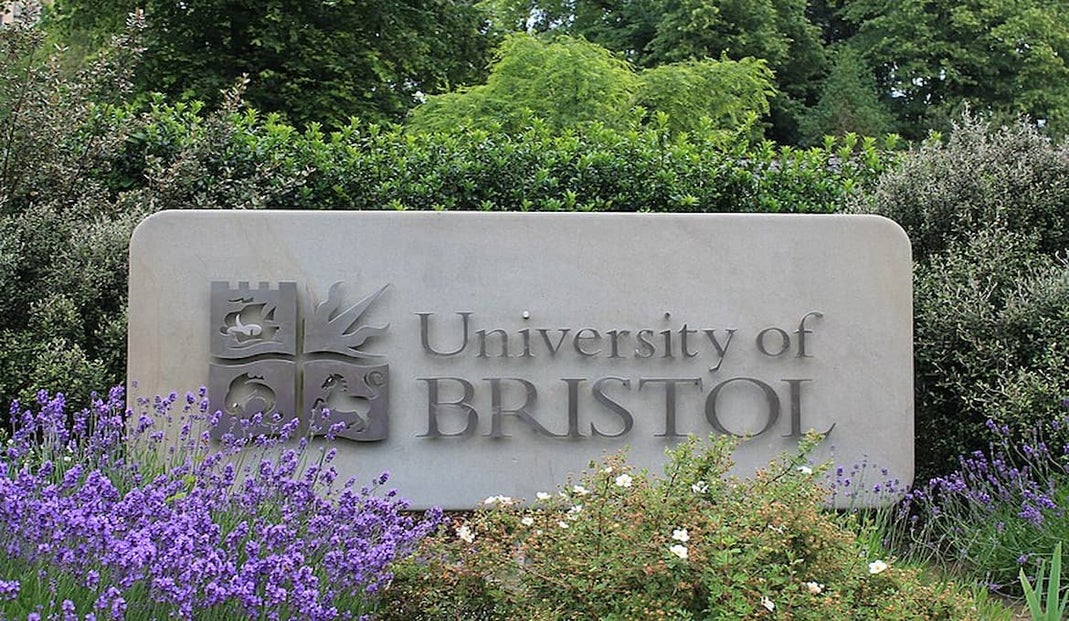What SAFE Bet Includes
The SAFE Bet is a wide-sweeping bill that would change almost everything about the industry. However, a few of the proposed changes are capturing the headlines.
The first is the restriction on when sportsbooks can be advertised. The bill would limit operators from running ads between 8 AM and 10 PM and ban them from advertising during sports events. The Act would also end operators' ability to use terms like “bonus bets” and “no sweat bets,” which have led some customers to misunderstand the promotions.
Another key change would be to set strict limitations on how much and how often bettors can wager. While operators have some protections in place, opponents aren’t convinced that they have been effective. It would also prohibit prop betting, making deposits with credit cards, and mandatory “affordability checks.”
Lastly, the proposal would authorize the use of artificial intelligence to track betting habits. There have been concerns over the reliability of these tools and their potential to be used against bettors.
Lawmakers Don’t Trust States to Keep Bettors Safe
Since sports betting became legal, there has been much concern about a spike in problem gambling. Sen. Blumenthal and Rep. Paul Tonko have both been leading the call for increased regulations, starting with taking regulatory powers away from the states.
"State regulation is faint-hearted and half-baked. That's why we need a national standard," Blumenthal said. "Not to ban gambling but simply to take back control over an industry that is out of bounds."
Operators and Industry Representatives Rip Proposal
Unsurprisingly, the SAFE Bet Act has led to an immediate and severe response from industry members across the nation. The American Gaming Association, which supports the sports betting industry, was among the loudest voices to oppose the proposal.
"Introducing heavy-handed federal prohibitions is a slap in the face to state legislatures and gaming regulators who have dedicated countless time and resources to developing thoughtful frameworks unique to their jurisdictions," said AGA VP Chris Cylke.
Several regulators have echoed that message, leaving the future of the SAFE Bet Act uncertain.


